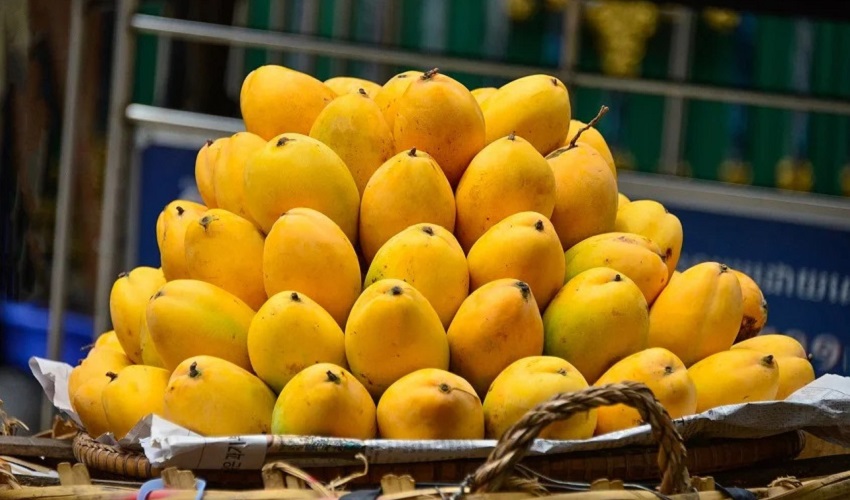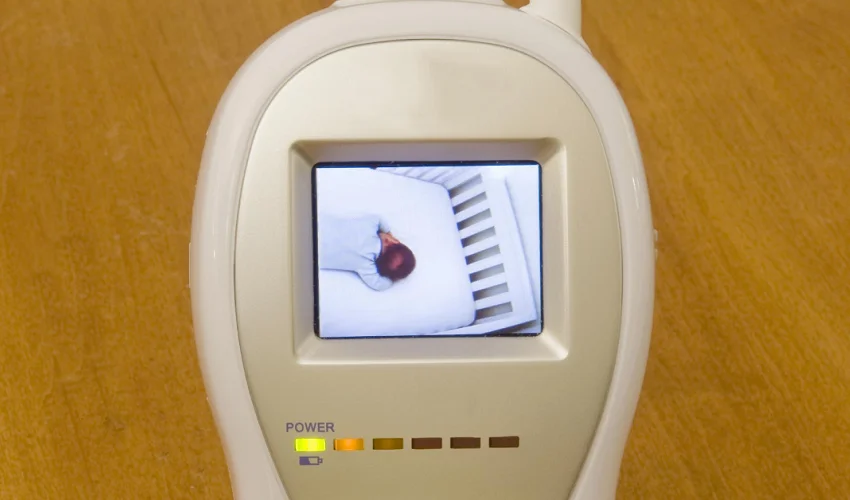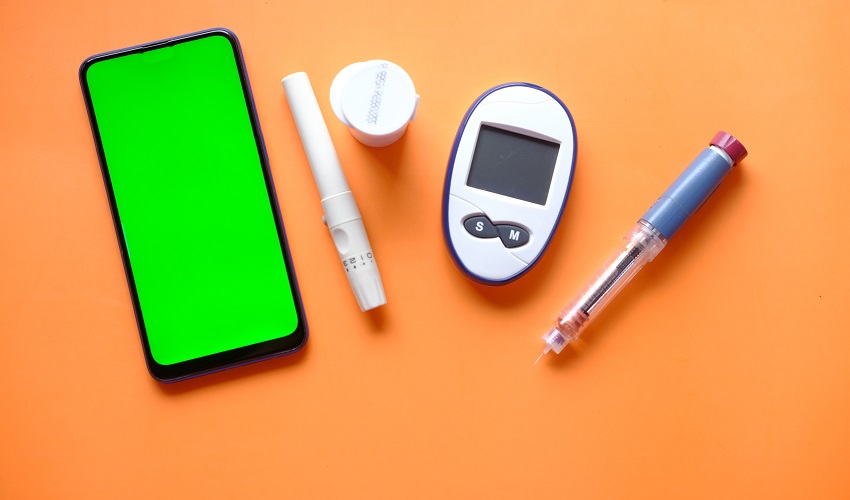Living with diabetes often requires careful consideration of food choices to manage blood sugar levels effectively. Fruits, in particular, can be a topic of concern for many individuals with diabetes due to their natural sugars. Among these fruits, mangoes stand out as a delicious and nutritious option. But are mangoes good for diabetes? In this comprehensive guide, we will explore the relationship between mangoes and diabetes, their impact on blood sugar levels, and whether they have a place in a diabetes-friendly diet.
Table of Contents
Understanding Mangoes
Nutritional Benefits of Mangoes
Mangoes and Blood Sugar
Are Mangoes Safe for Diabetes?
Incorporating Mangoes into a Diabetic Diet
FAQs About Mangoes and Diabetes
Understanding Mangoes
Mangoes, often referred to as the “king of fruits,” are a tropical delight enjoyed worldwide for their sweet, juicy flesh and unique flavor. These fruits belong to the Anacardiaceae family and are scientifically known as Mangifera indica. Mangoes are not only delicious but also packed with essential nutrients, making them a popular choice among health-conscious individuals.
Nutritional Benefits of Mangoes
Before delving into their suitability for diabetes, let’s explore the nutritional benefits of mangoes:
Vitamins and Minerals: Mangoes are rich in vitamins A, C, and E, as well as minerals like potassium and magnesium.
Dietary Fiber: They contain dietary fiber, which aids digestion and can help control blood sugar levels.
Antioxidants: Mangoes are a source of antioxidants like beta-carotene, quercetin, and astragalin, which may help reduce inflammation and protect against chronic diseases.
Mangoes and Blood Sugar
Now, the million-dollar question: do mangoes affect blood sugar levels? Mangoes do contain natural sugars, predominantly fructose. However, their glycemic index (GI) is moderate, ranging from 41 to 60, depending on the ripeness and variety. Foods with a GI below 70 are considered to have a relatively low impact on blood sugar levels.
Read more about the glycemic index of mangoes
Read this article to understand what does glycemic index means and why you should pay attention to the glycemic index of a food item
Moreover, mangoes also provide fiber, which can slow down the absorption of sugar, potentially preventing rapid spikes in blood glucose. The combination of fiber and a moderate GI makes mangoes a reasonable choice for individuals with diabetes.
Are Mangoes Safe for Diabetes?
Yes, mangoes can be safe for individuals with diabetes when consumed in moderation and as part of a balanced diet.
Here are some guidelines to consider:
Portion Control: Keep your mango portions small. A half-cup of diced mango contains approximately 15 grams of carbohydrates.
Ripeness Matters: Opt for slightly underripe mangoes as they tend to have a lower GI compared to fully ripe ones.
Timing is Key: It’s advisable to consume mangoes as part of a meal rather than as a standalone snack to help mitigate their impact on blood sugar levels.
Incorporating Mangoes into a Diabetic Diet
Here are some tips on how to include mangoes in a diabetes-friendly diet:
Pair with Protein: Combine mangoes with a source of lean protein like grilled chicken or tofu to help stabilize blood sugar.
Use as a Topping: Add diced mango to salads or as a topping for whole-grain cereal or yogurt.
Blend into Smoothies: Create a nutrient-rich smoothie by blending mangoes with non-fat Greek yogurt and a handful of spinach.
Remember that individual responses to mangoes can vary. Regular blood sugar monitoring is essential to gauge their impact on your specific condition.
Actionable guidance for diabetic patients
In conclusion, the answer to the question, “Is mango good for diabetes?” is a cautious yes. Mangoes, with their wealth of nutrients and moderate glycemic index, can be a part of a diabetes-friendly diet when eaten mindfully. However, individual responses may vary, so it’s crucial to monitor your blood sugar levels and consult with a healthcare professional or a registered dietitian to determine the best approach for your specific needs.
Remember, managing diabetes is not just about excluding foods but also about making informed choices and maintaining a balanced diet. So, go ahead and savor the occasional slice of mango, keeping your diabetes management goals in mind.
FAQs About Mangoes and Diabetes
Q1: Can people with diabetes eat mangoes?
A1: Yes, people with diabetes can enjoy mangoes in moderation, considering portion sizes and meal planning.
Q2: Do mangoes cause blood sugar spikes in diabetes?
A2: Mangoes, when consumed in moderation, are unlikely to cause significant blood sugar spikes due to their moderate glycemic index and fiber content.
Q3: How do mangoes impact blood sugar in diabetes?
A3: Mangoes can have a modest impact on blood sugar, but the combination of fiber and a moderate glycemic index helps mitigate rapid spikes.




